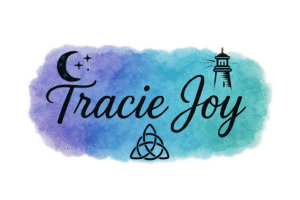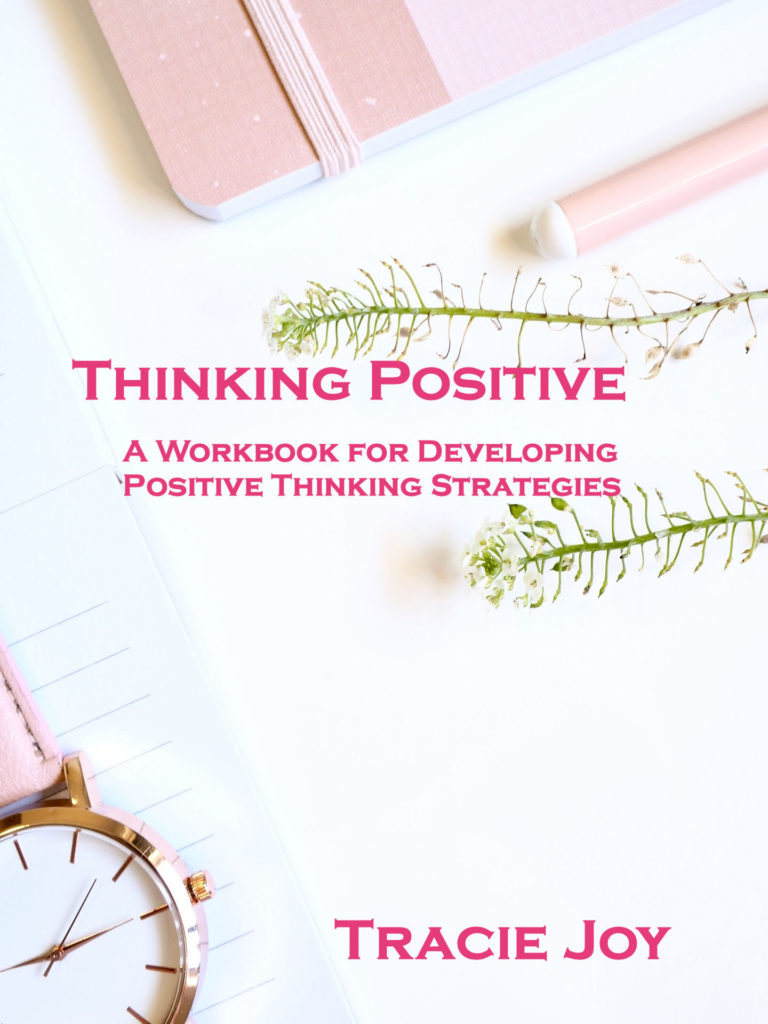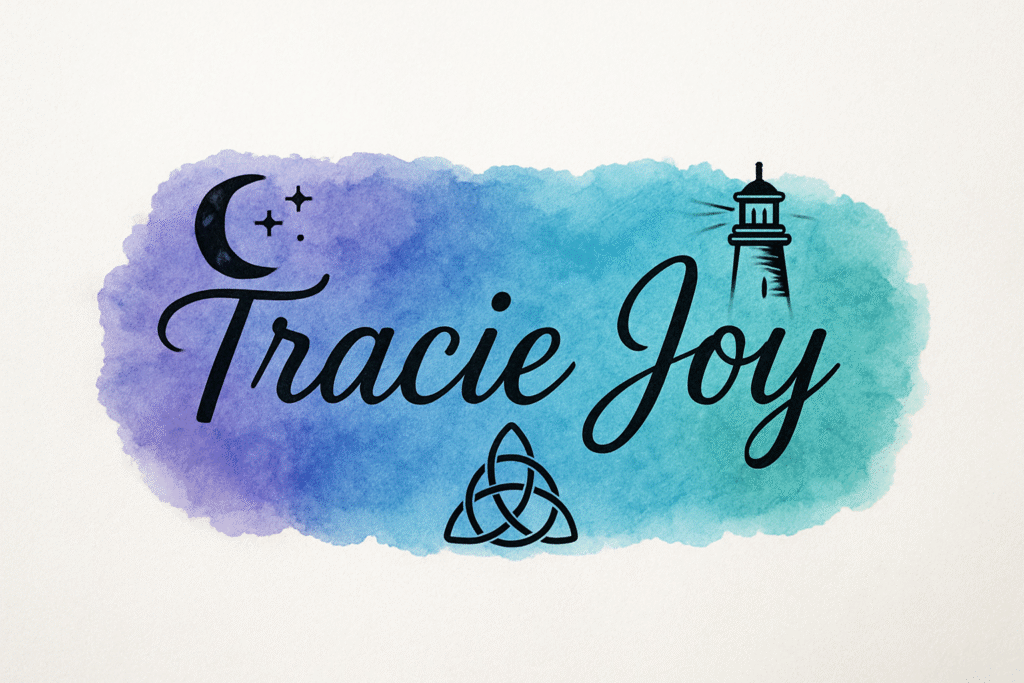How to Balance Writing with a Full-Time Job (Without Burning Out) 7 Tips
If you’re trying to build a writing career while holding down a full-time job, you already know it’s not for the faint of heart. You clock out from one role, only to clock right into another, often with a cup of caffeine in hand and your brain still buzzing from work emails.
I live this every day. As a teacher, my “official” workday doesn’t end when the final bell rings. There are lessons to plan,  papers to grade, parents to email, and students to support. Then, somewhere between dinner and the laundry pile, I sit down and try to create. Some nights it feels magical. Other nights, I just stare at the screen, wondering if it’s possible to write and stay sane at the same time. Guess what, more often than not it’s virtually impossible for me to balance writing with a full-time job.
papers to grade, parents to email, and students to support. Then, somewhere between dinner and the laundry pile, I sit down and try to create. Some nights it feels magical. Other nights, I just stare at the screen, wondering if it’s possible to write and stay sane at the same time. Guess what, more often than not it’s virtually impossible for me to balance writing with a full-time job.
The ability to balance writing with a full-time job is hard, but it’s not impossible. You just have to redefine what balance really means, and give yourself a lot of grace along the way.
How Do You Balance Writing With a Full-Time Job?
It goes without saying that time management is key. I don’t know about you, but it’s not something I excel in. Case in point today as I was stuck at school trying to create study guides, until I realized I had an Zoom call at 4:00. I was rushing home only to remember I needed gas, and what I had planned for dinner needed to be started at 4:00 to be ready at a reasonable time. That’s where time management come into play. For a deeper dive into energy-based scheduling, check out this excellent article from RescueTime.
Redefine What “Balance” Really Means
We tend to picture balance as this perfect, Zen-like state where every part of life gets equal attention. But the truth is, that’s a fantasy. Real balance is flexible. It shifts from week to week, sometimes even day to day.
Some weeks, your writing will flourish, and your job will just get your minimum. Other weeks, life will demand more of  you and your creative time will shrink. That’s okay. The goal isn’t to split your time evenly; it’s to make sure you don’t lose yourself in the process.
you and your creative time will shrink. That’s okay. The goal isn’t to split your time evenly; it’s to make sure you don’t lose yourself in the process.
Balance is about harmony, not perfection. You can still call yourself a writer even if you don’t write every day. You can still build a meaningful career without sacrificing your health or happiness. The ability to balance writing with a full-time job is hard. It’s actually incredibly hard. You can’t beat yourself up when it doesn’t work, you have to, pardon the pun, find your balance.
Protect Your Energy, Not Just Your Time
When people talk about balancing writing with a full-time job, they often focus on time management. But time isn’t the real problem — energy is.
You might technically have two hours free after work, but if your brain is fried, those hours won’t get you far. Instead of forcing yourself to write at the same time every day, pay attention to your natural rhythms. When do you feel most alert and creative? Early morning before work? Late at night when the world is quiet?
Try experimenting for a week and note when writing feels easiest. Protect those windows like gold. Turn off notifications, shut the door, and claim that energy for your writing. Even thirty focused minutes during your high-energy time can do more than two distracted hours when you’re wiped out.
Set Manageable Goals
You don’t need to finish a novel in a month to be a “real” writer. You just need to keep showing up, even in small ways.
Break your writing goals into micro-tasks. Instead of “write a chapter,” try “outline the next scene” or “edit two  paragraphs.” These smaller goals are less intimidating, and they help you build momentum.
paragraphs.” These smaller goals are less intimidating, and they help you build momentum.
Try a 15-minute writing sprint before work, during lunch, or right before bed. You’ll be surprised at how much you can accomplish once you stop waiting for the “perfect” writing window.
If you want to go deeper into how structure supports creativity, check out my post on How to Use Subplots to Strengthen Your Story. The same principles apply here — small, structured progress leads to big breakthroughs.
Build Writing into Your Routine (Not Around It)
If you try to wedge writing into the scraps of your day, it’ll always feel like an afterthought. But if you build it into your existing rhythm, it becomes a natural part of your life.
- Anchor writing to existing habits. For example, “I’ll write for ten minutes right after I pour my first cup of coffee.”
- Use your commute or breaks. Dictate ideas into your phone, or jot notes in a small notebook.
- Create themed writing days. Maybe Mondays are for brainstorming, Wednesdays for drafting, and Sundays for editing.
Brad Paquette has a great post on developing a sustainable writing routine that can be very helpful. Just remember, you don’t have to pick any one routine and stick to it. Develop one that works best for you.
You don’t need a perfect daily routine. You just need consistency over time.
Say No (Without Guilt)
One of the hardest lessons I’ve learned is that every “yes” to someone else is often a quiet “no” to myself.
When you’re balancing a full-time job and writing, you have to get comfortable setting boundaries — both practical and emotional. That might mean saying no to an extra work project, turning down social invites, or resisting the urge to scroll endlessly on your phone.
You don’t owe anyone an explanation for protecting your energy. You’re not being selfish; you’re being intentional.
And remember: rest counts as productivity. Burnout doesn’t make you a better writer; it just makes you a miserable one.
Create a Support System
Writing can feel lonely, especially when you’re trying to do it alongside everything else. That’s why finding a community — even a small one — makes a huge difference.
It could be a writing buddy who checks in weekly, an online critique group, or a few friends who understand your creative goals. Accountability doesn’t have to mean pressure. It can mean encouragement, empathy, and the reminder that you’re not alone.
If you’re not sure where to start, read my earlier post on Networking for Writers: Online and In-Person. It’s full of ideas for connecting with other creatives who “get it.”
Give Yourself Permission to Be Human
Some days, your job will drain you. Some weeks, life will throw chaos your way. And sometimes, your writing will sit untouched for longer than you’d like. That doesn’t make you a failure — it makes you human.
The secret to balance writing with a full-time job isn’t perfection; it’s persistence. It’s forgiving yourself when things slip. It’s choosing progress over guilt. It’s trusting that every word you write, no matter how small, is part of something bigger.
You are not behind. You’re building a creative life in the middle of a busy one, and that’s something worth celebrating.
Final Thoughts
You don’t need to quit your job to honor your passion for writing. You just need to treat that passion like it matters, because it does.
The ability to balance writing with a full-time job takes time, patience, and flexibility. Some days you’ll nail it, and some days you’ll struggle. But every time you sit down to write — even for five minutes — you’re proving to yourself that your story deserves space in your life.
You’re not just surviving the juggle. You’re creating through it.



